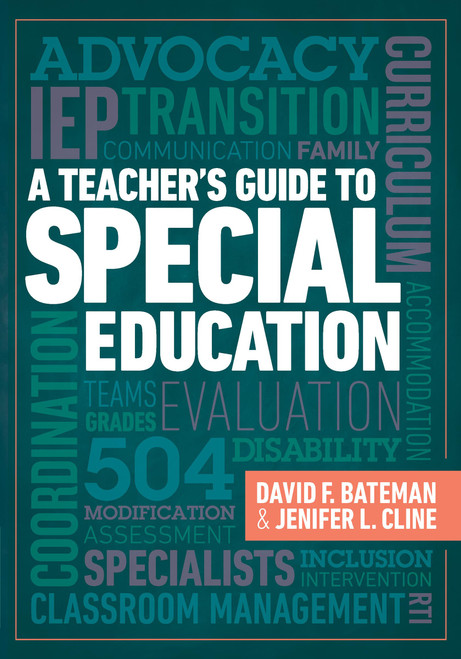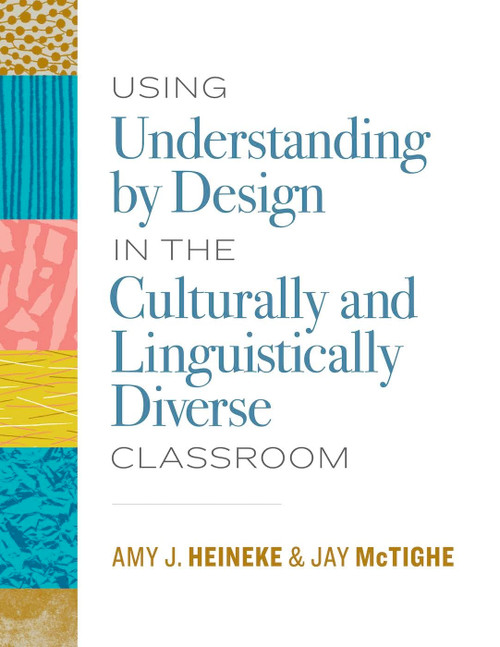Understanding Your International Students surveys the school cultures of the many countries whose students top the international student enrollment lists in the U.S. educational institutions. No other volume so comprehensively addresses the educational, cultural, and linguistic backgrounds of the international students who are studying in English-speaking countries.
Understanding Your International Students is an excellent resource for all schools--it's designed to sensitize users to the myriad differences that exist among schools and students around the world, to pique interest in deeper cultural exploration, and to provide encouragement and support for effective cross-cultural problem-solving. For each country profiled, the following information is provided:
*a statistical profile
*a deep culture summary
*a table providing information related to school calendars, curricula, exams, grades, homework, and classroom set-up
*a section on educational policy, teaching style, learning style, instructional setting, after-school activities, discipline and class management, teacher-student and student-student relationships, non-verbal behavior, images, forms of address, dress, polite/impolite topics and behaviors, and gift-giving
problem/solution scenarios that address challenges specific to the classroom and the student population described.
Information about five additional countries is available on our website: www.press.umich.edu/esl/uyis/.
Understanding Your International Students is an excellent resource for all schools--it's designed to sensitize users to the myriad differences that exist among schools and students around the world, to pique interest in deeper cultural exploration, and to provide encouragement and support for effective cross-cultural problem-solving. For each country profiled, the following information is provided:
*a statistical profile
*a deep culture summary
*a table providing information related to school calendars, curricula, exams, grades, homework, and classroom set-up
*a section on educational policy, teaching style, learning style, instructional setting, after-school activities, discipline and class management, teacher-student and student-student relationships, non-verbal behavior, images, forms of address, dress, polite/impolite topics and behaviors, and gift-giving
problem/solution scenarios that address challenges specific to the classroom and the student population described.
Information about five additional countries is available on our website: www.press.umich.edu/esl/uyis/.











